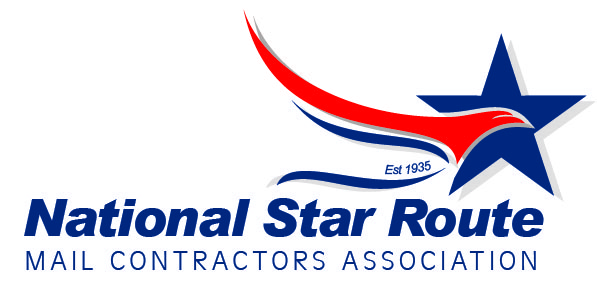NSRMCA Urges Changes to CARB Proposal, Seeks Exceptions To Protect Mail Suppliers
The National Star Route Mail Contractors Association (NSRMCA) — which represents transportation firms that contract with the Postal Service — has asked the California Air Resource Board (CARB) to revamp its proposed mandate on diesel engines to shield the postal contracting industry from its most harmful effects.
CARB’s planned Advanced Clean Fleets (ACF) rule — which seeks to phase out the use of diesel-powered engines within the next 20 years — would significantly impact postal carriers operating in California, forcing them to make significant and potentially impractical changes to their operations.
While NSRMCA supports CARB’s goal of a greener transportation network in California, it has significant concerns about the practicality of the proposal and its aggressive timeline for implementation.
Toward that end, NSRMCA has submitted public comments to CARB requesting multiple changes to the proposal before the board’s expected Oct. 27 vote on it. These public comments are distinct from a letter the association recently signed — in conjunction with numerous other stakeholders in the California trucking industry — seeking revisions to the proposed ACF rule.
In its comments, NSRMCA highlighted the significant, unintended impact the ACF would have on mail carriers operating in California, even those headquartered in other states. Because mail delivery is an inherently interstate operation, most carriers that deliver mail to or from California — or even those who simply drive through parts of California — would be subject to the ACF’s requirements for high-priority fleets. That could force mail contractors that principally operate out of state to start purchasing electric delivery vehicles as early as 2027 in order to comply with the proposed rules.
NSRMCA also expressed concerns about the viability of full fleet electrification for many in-state operators. Because day route-delivery vehicles are in near-constant use, contractors would have to significantly increase their fleet size to ensure they always have a fully charged vehicle ready to make deliveries.
Lastly, NSRMCA noted in its comments that the ACF proposal would unduly burden brokerages that support mail delivery. To satisfy the planned rule, brokers would have to verify “that each fleet it hires or dispatches is listed on the CARB advanced Clean Fleet webpage” or else confirm that the fleet is not subject to the ACF rule.
To fix these myriad issues, NSRMCA is urging CARB to “establish clear and viable exceptions” to the proposed rule. Failing that, the association asks the board to “revisit the compliance timeline so that low-emission alternative fuel solutions available today can be used until battery-electric or other future solutions become viable.” And finally, NSRMCA requests that the board recognize the incredible burden its proposal places “on the interstate transportation of mail and commerce by treating all vehicles” that fit the high-priority category equally, regardless of how little time they may spend in the state.
Read NSRMCA’s public comments in full.
About NSRMCA
The National Star Route Mail Contractors Association is the trade association for transportation companies that contract with the U.S. Postal Service to deliver the mail. Our members include small businesses, large interstate trucking companies and leading third-party logistics firms. Collectively, they represent the backbone of the Postal Service’s surface transportation network, ensuring efficient delivery to 163 million locations six days a week.
